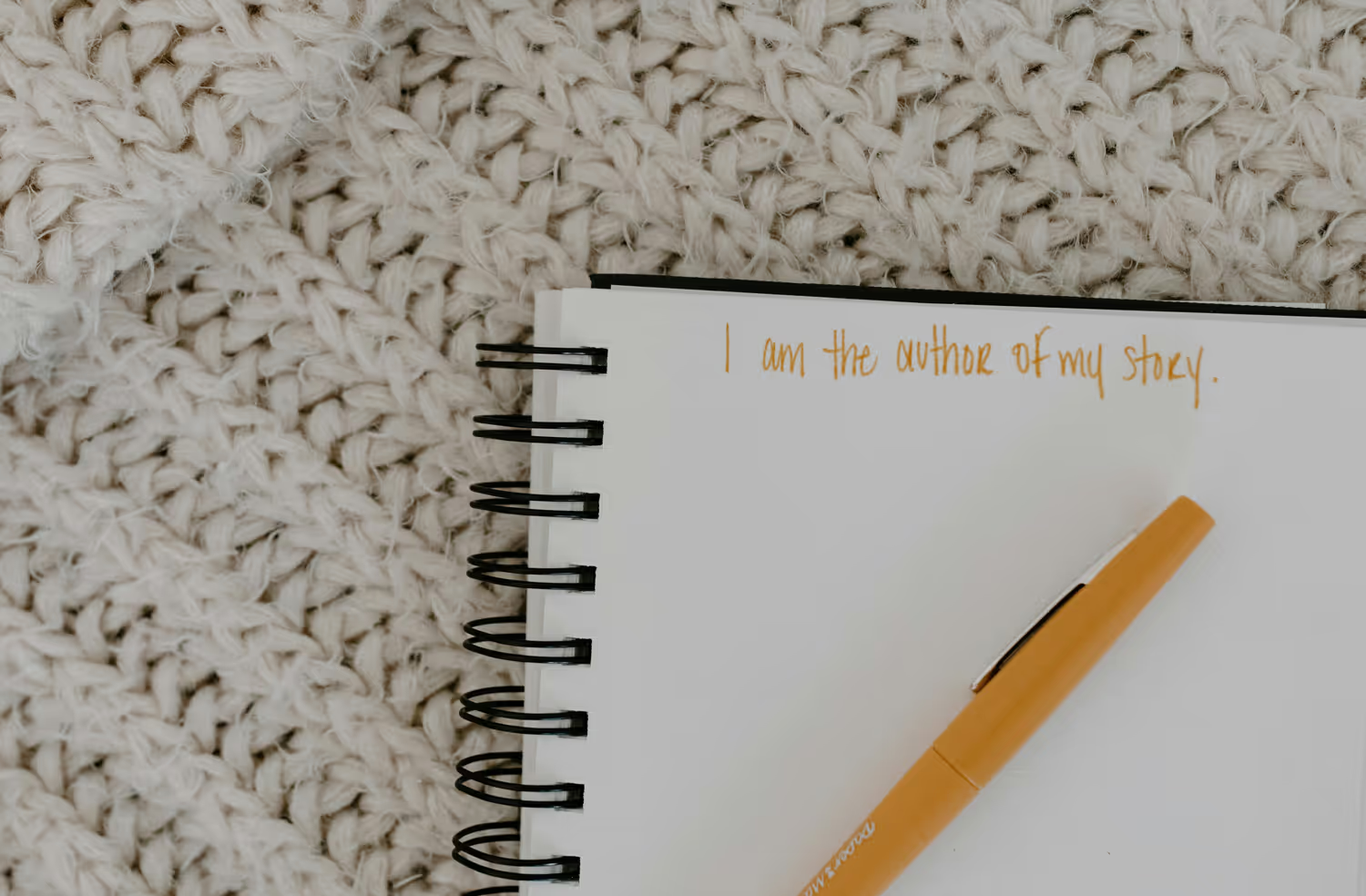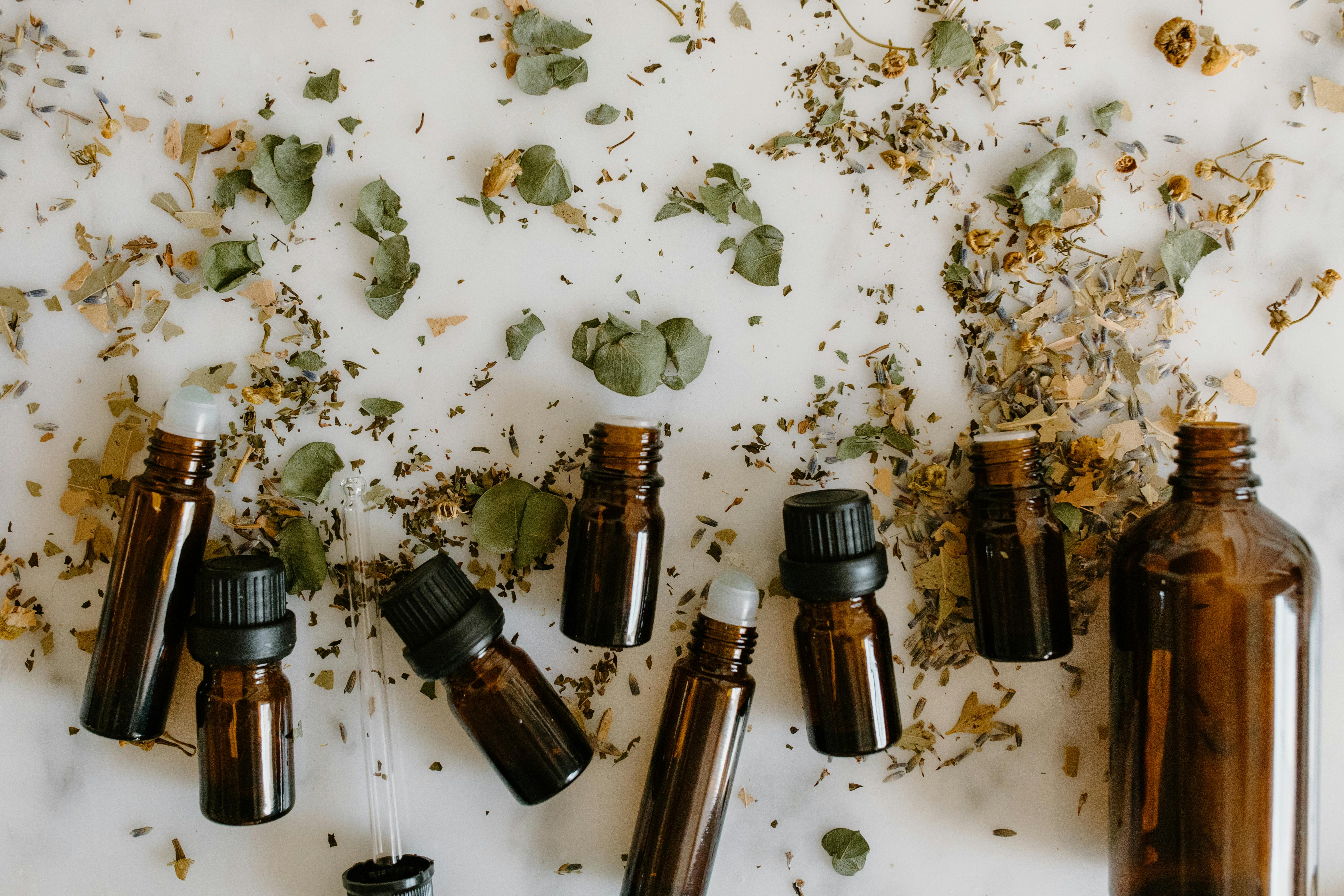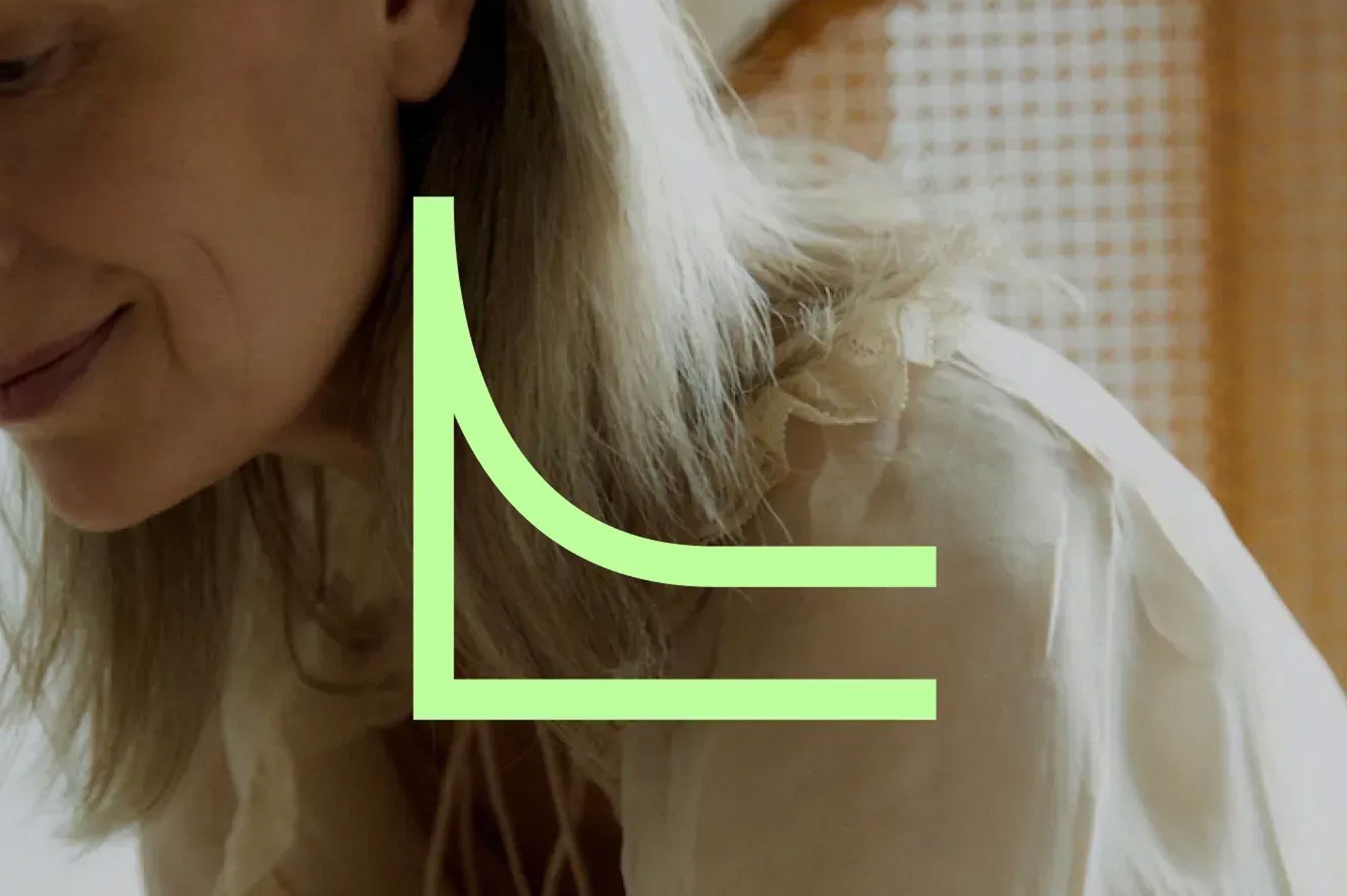When life feels overwhelming, sleep is often the first thing to go. We stay up late, wake up early or toss and turn with racing thoughts. But sleep loss doesn’t just make us groggy—it ramps up the body’s stress response, creating a feedback loop where stress disrupts sleep, and poor sleep magnifies stress.
Why Sleep Matters for Stress
During deep sleep, the nervous system resets. Cortisol—the body’s stress hormone—naturally peaks in the morning and falls at night. But when sleep is short or fragmented, cortisol rhythms flatten, leaving us in a constant state of overdrive. Studies show that poor sleep quality predicts higher next-day stress and reduced ability to regulate emotions.
The Stress–Sleep Cycle
Stress keeps the mind alert, making it harder to fall asleep. At the same time, sleep deprivation activates the amygdala—the brain’s threat detector—causing heightened emotional reactivity. Over time, this cycle can lead to anxiety, burnout and even physical health issues like hypertension.
What Actually Helps
- Keep a consistent sleep–wake schedule, even on weekends
- Create a “wind-down” routine—dim lights, avoid screens and use calming cues like reading or gentle music
- Use relaxation techniques such as paced breathing or progressive muscle relaxation to signal safety to the nervous system
- Spend time outdoors during the day—exposure to natural light strengthens circadian rhythms
Sleep isn’t indulgent. It’s the foundation for how we think, feel, and cope with stress. By protecting rest, we protect resilience.
Sources & Further Reading
- Kalmbach DA, et al. (2018). The interplay between daily affect and sleep: A 2-week study of young women. Journal of Sleep Research, 27(5). https://pubmed.ncbi.nlm.nih.gov/29363812/
- American Psychological Association. Stress and Sleep.https://www.apa.org/news/press/releases/stress/2013/sleep
- Mayo Clinic. Lack of sleep: Can it make you sick https://www.mayoclinic.org/diseases-conditions/insomnia/expert-answers/lack-of-sleep/faq-20057757









